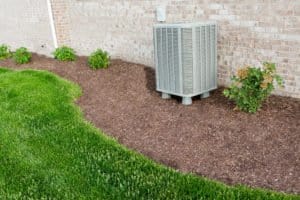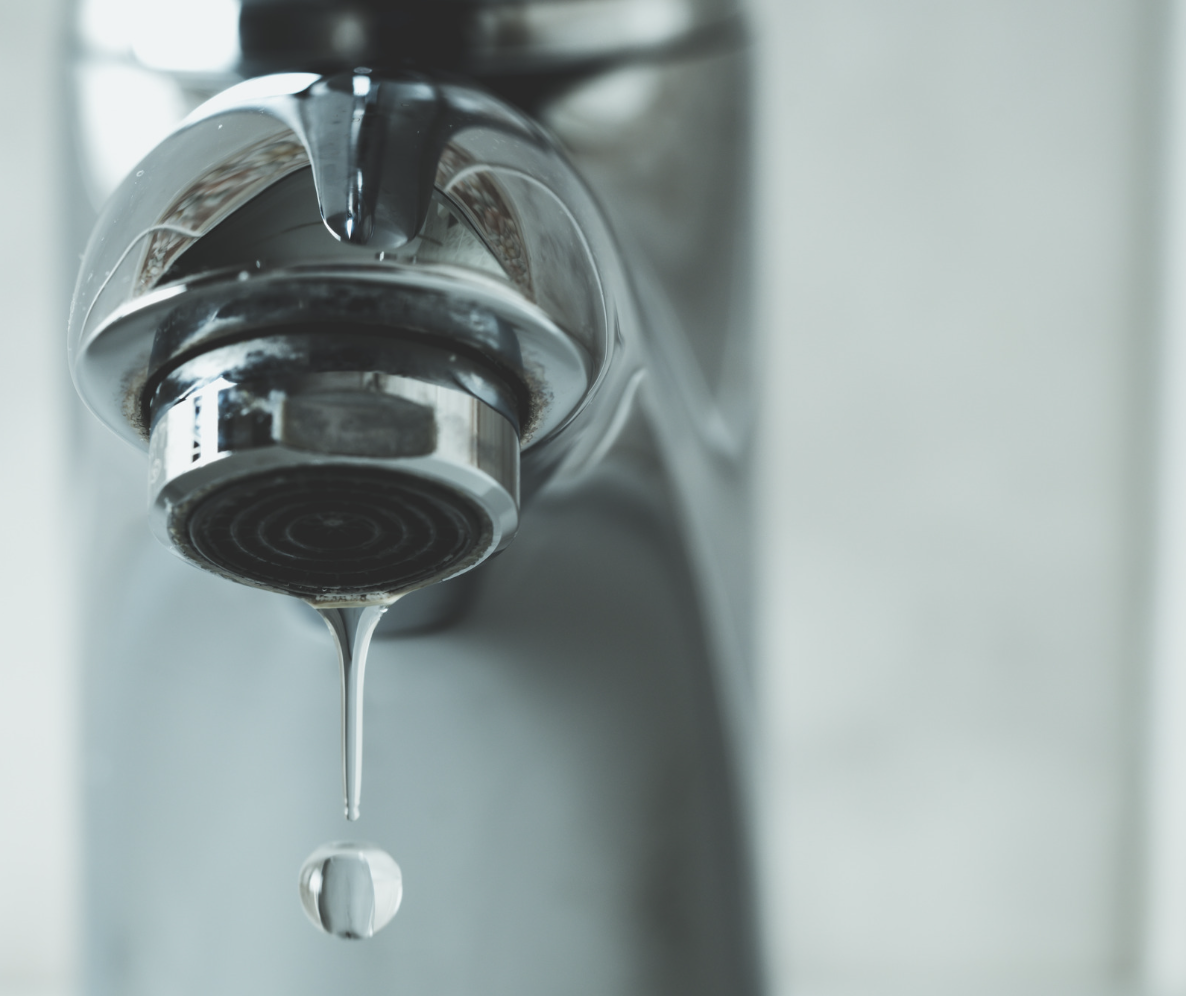What does the Future look like for HVAC Systems?
HVAC systems are expected to evolve over time to meet changing needs, technological advancements, and increasing demands for energy efficiency and sustainability.
Here are some potential areas of evolution:
Energy Efficiency
HVAC systems will continue to prioritize energy efficiency to reduce operating costs and environmental impact. This includes advancements in equipment design, improved insulation, optimized control algorithms, and the integration of renewable energy sources.
Smart and Connected Systems
The integration of smart technology is expected to play a significant role in HVAC system evolution. Smart thermostats, sensors, and advanced control systems can optimize energy usage, enable remote monitoring and control, and provide predictive maintenance capabilities.
Improved Air Quality
Improved Air Quality: There will be an incorporation of enhanced air filtration and purification technologies to improve indoor air quality. This includes the use of advanced filters, UV-C disinfection, and air quality sensors to monitor and address pollutants, allergens, and pathogens.
Zoning and Personalization
HVAC systems may evolve to provide more granular zoning capabilities, allowing for personalized temperature control in different areas of a building. This can enhance comfort and energy efficiency by only conditioning occupied spaces.
Renewable Energy Integration
With the increasing focus on sustainability, a system is expected to integrate renewable energy sources such as solar power or geothermal heat pumps. This can reduce reliance on traditional energy sources and lower greenhouse gas emissions.
Advanced Controls and Optimization
HVAC systems will likely leverage advanced control algorithms, machine learning, and artificial intelligence to optimize system performance, energy usage, and occupant comfort. These technologies can analyze data, adapt to changing conditions, and make real-time adjustments for optimal efficiency.
Improved System Monitoring and Maintenance
Predictive maintenance and remote monitoring capabilities will likely become more prevalent in HVAC systems. IoT-enabled sensors and analytics can detect potential issues, predict failures, and optimize maintenance schedules, reducing downtime and improving system reliability.
Sustainable Refrigerants
As regulations and environmental concerns drive the phase-out of certain refrigerants, HVAC systems are expected to transition to more environmentally friendly alternatives, such as low-GWP refrigerants or natural refrigerants.







